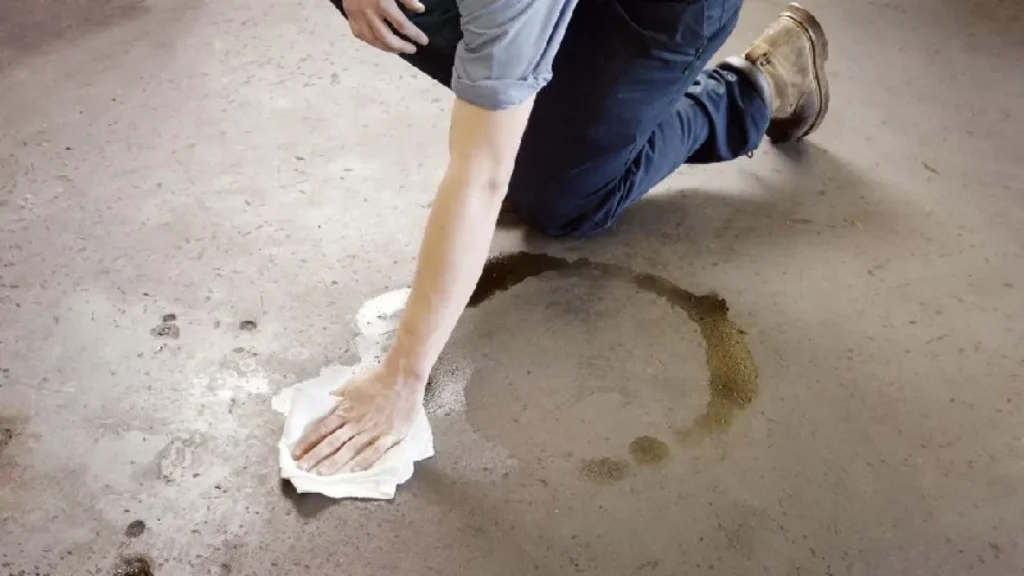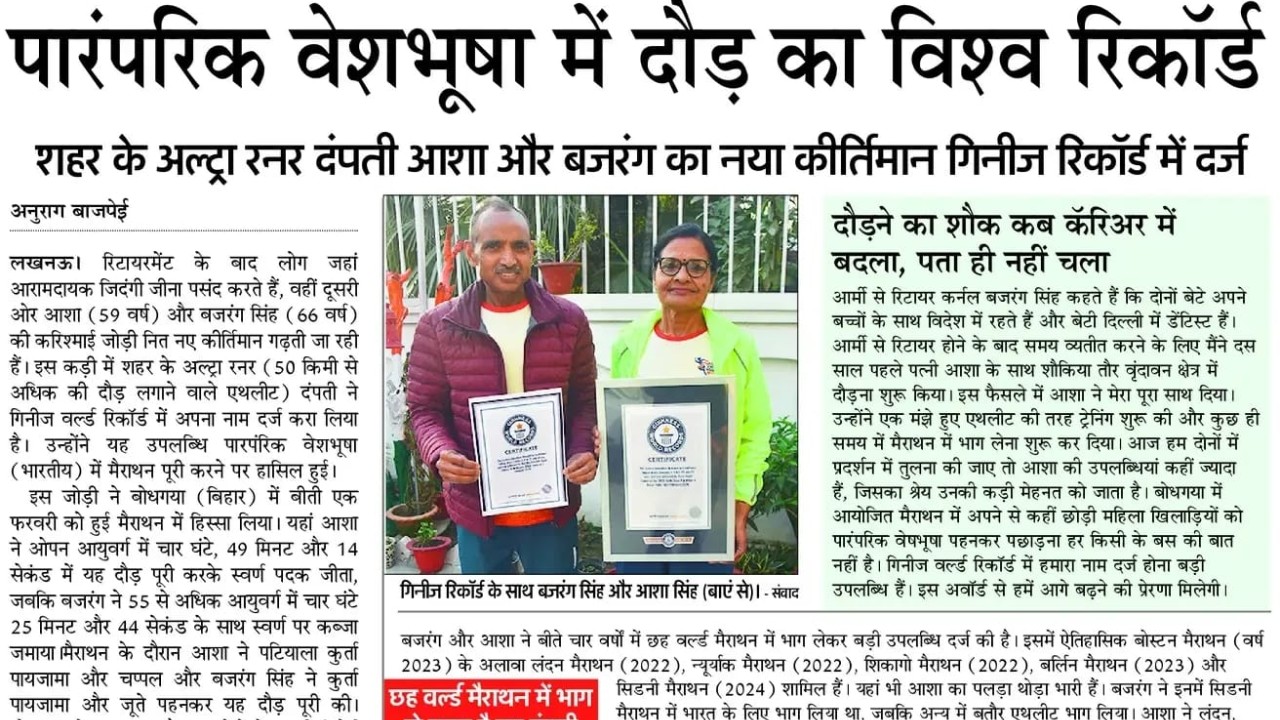Table of Contents
- Introduction
- Why Sealing Stone Floors Is Important
- Types of Stone Flooring That Require Sealing
- Choosing the Right Sealer for Indian Homes
- Step-by-Step Guide to Sealing Stone Floors
- Maintenance Tips After Sealing
- Buy Floor Sealers and Tools in Lucknow at Goel World
- Conclusion
1. Introduction
Stone flooring—like granite, marble, sandstone, and kota stone—adds unmatched elegance and strength to Indian homes. But being porous, these materials can easily absorb liquids and stains, especially in kitchens, living areas, and balconies. Sealing your stone floors creates a protective barrier against moisture, food spills, and dirt—preserving their natural beauty for years.
2. Why Sealing Stone Floors Is Important
✅ Prevents stains from oil, haldi, masalas, tea, and wine
✅ Reduces moisture absorption that causes cracks or fungal growth
✅ Protects against efflorescence (white salt-like stains)
✅ Enhances the natural color and shine of the stone
✅ Makes cleaning easier and more effective
3. Types of Stone Flooring That Require Sealing
| Stone Type | Sealing Required? | Frequency |
| Granite | ✅ Yes | Every 2–3 years |
| Marble | ✅ Yes | Every 1–2 years |
| Kota Stone | ✅ Yes | Annually recommended |
| Sandstone | ✅ Yes | Every 6–12 months |
| Slate | ✅ Yes | Every 1–2 years |
| Quartz (engineered) | ❌ Not needed | N/A |
Even polished stones can absorb liquids over time, especially in Indian homes with heavy foot traffic and kitchen usage.
4. Choosing the Right Sealer for Indian Homes
There are two main types of stone sealers:
🔹 Penetrating (Impregnating) Sealers
- Absorb into the stone and block moisture/stains from within
- Best for bathrooms, kitchens, exteriors, and floors
- Recommended for Kota, sandstone, and granite
🔹 Topical Sealers
- Form a film over the surface
- Provide gloss or matte finish
- Good for interiors or low-traffic areas
💡 Pro Tip: Always choose a UV-resistant, non-yellowing sealer for outdoor flooring.
5. Step-by-Step Guide to Sealing Stone Floors
🧰 What You’ll Need:
- Stone cleaner or neutral pH soap
- Soft mop or sponge
- High-quality stone sealer (available at Goel World)
- Microfiber cloths or applicator pad
- Gloves & mask (optional)
✅ Step 1: Clean the Floor Thoroughly
- Sweep or vacuum all dust
- Wash using pH-neutral cleaner
- Let it dry completely (minimum 24 hours)
✅ Step 2: Apply the Sealer
- Shake the sealer bottle well
- Apply with a clean cloth, mop, or brush
- Cover small sections at a time
- Do not over-apply—spread it evenly
✅ Step 3: Allow Penetration
- Let the sealer soak in for 10–15 minutes
- If any area dries too quickly, apply a bit more
✅ Step 4: Wipe Off Excess
- After 20–30 minutes, wipe the surface with a dry cloth
- Avoid letting the sealer dry on top of the stone—it may leave marks
✅ Step 5: Let It Cure
- Let the floor rest for 24–48 hours
- Avoid mopping or heavy usage during this time
6. Maintenance Tips After Sealing
🧼 Use mild cleaners only—avoid acid-based or bleach products
🧽 Clean up spills immediately
🧴 Re-seal high-traffic areas every 12–18 months
🧺 Use rugs near entrances to reduce dust and grit
🧹 Avoid dragging furniture that can scratch the protective layer
7. Buy Floor Sealers and Tools in Lucknow at Goel World
At Goel World, we provide top-grade sealing products and accessories for all types of stone flooring:
✅ Penetrating and surface sealers
✅ Anti-stain and anti-fungal treatments
✅ pH-neutral stone cleaners
✅ Application tools and accessories
✅ Products from trusted brands like Roff, MYK Laticrete, Stonex, and Dr. Fixit
🏢 Visit our showrooms:
- Faizabad Road
- Sushant Golf City
8. Conclusion
Sealing your stone floors isn’t just a protective measure—it’s a way to preserve their beauty, strength, and value. With regular sealing and proper care, your floors can remain stain-free and vibrant for decades. For expert advice and the best stone sealing solutions in Lucknow, visit Goel World—your trusted partner in long-lasting flooring.






